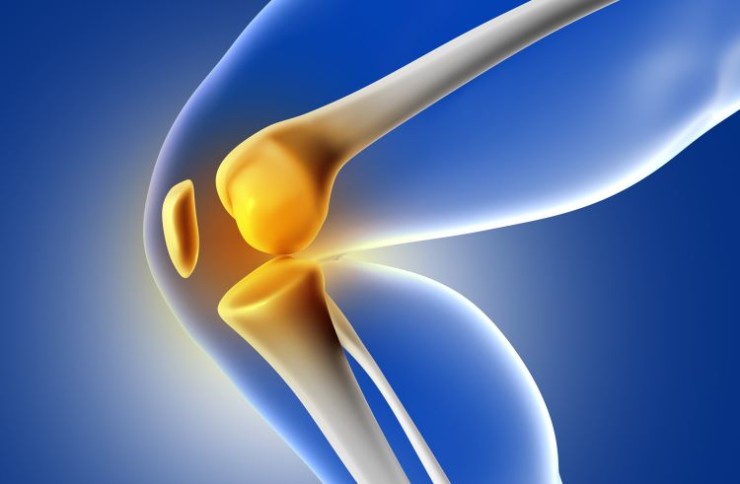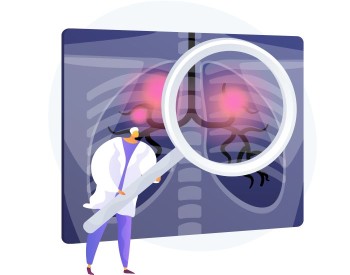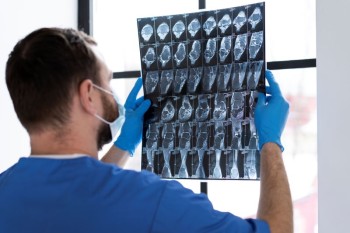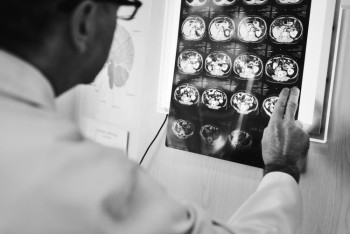
The 3D CT Knee Scan is crucial for assessing the knee joint, bones, and soft tissues.
3D CT Knee Scan in India with Cost
3D CT Knee Scan in Detail
Introduction
A 3D CT Knee Scan is an advanced diagnostic imaging procedure that provides detailed three-dimensional images of the knee joint and surrounding structures. In this article, we explore the specifics of this imaging technique, its purposes, and how it aids in diagnosing and managing various conditions related to the knee.
Purpose and Significance of 3D CT Knee Scan
The 3D CT Knee Scan is crucial for assessing the knee joint, bones, and soft tissues. It is commonly used to identify abnormalities such as fractures, ligament injuries, arthritis, and other conditions affecting the knee.
When is a 3D CT Knee Scan Recommended?
This imaging procedure is recommended when a more detailed and comprehensive evaluation of the knee is necessary. It is often employed for cases of knee pain, suspected injuries, degenerative conditions, and pre-surgical planning for orthopedic procedures related to the knee.
Preparation for 3D CT Knee Scan
Getting ready for a 3D CT Knee Scan involves minimal preparation. Patients might need to take off any metal objects or jewelry around the knee area. It's essential to communicate any current health conditions or medications to your healthcare provider.
Procedure of 3D CT Knee Scan
During the procedure, patients may be positioned on a specialized table that moves through the CT scanner. The scanner captures detailed cross-sectional images from various angles, creating a three-dimensional representation of the knee.
Benefits and Risks
The 3D CT Knee Scan offers high-resolution images, providing an accurate assessment of various conditions affecting the knee. The benefits often outweigh the risks, as the procedure is generally considered safe. The exposure to radiation is minimal during the scan.
Interpreting 3D CT Knee Scan Results
Expertise is crucial in interpreting the results of a 3D CT Knee Scan. Radiologists analyze the detailed three-dimensional images to identify abnormalities, such as fractures, ligament tears, cartilage issues, and other conditions affecting the knee. The information obtained guides treatment decisions.
Conditions Diagnosed Through 3D CT Knee Scan
The 3D CT Knee Scan is effective in diagnosing a range of conditions, including knee fractures, ligament injuries, meniscus tears, and degenerative changes in the knee joint. The detailed three-dimensional images allow for precise identification and characterization of these issues.
Alternatives to 3D CT Knee Scan
While the 3D CT Knee Scan is a powerful diagnostic tool, alternative imaging methods like MRI or traditional X-rays may be considered based on the specific clinical scenario. Each method has its strengths and limitations, and the choice depends on the information needed for an accurate diagnosis.
Conclusion
In conclusion, the 3D CT Knee Scan is a valuable diagnostic tool for assessing the knee and identifying various conditions affecting this crucial joint. The detailed three-dimensional images it provides play a crucial role in guiding healthcare professionals toward accurate diagnosis and appropriate treatment plans.
Frequently Asked Questions About 3D CT Knee Scan
1. What is a 3D CT Knee Scan?
A 3D CT Knee Scan is an advanced imaging procedure that provides detailed three-dimensional images of the knee joint and surrounding structures, aiding in the assessment and diagnosis of various conditions related to the knee.
2. How long does the procedure take?
The duration of a 3D CT Knee Scan is relatively short, typically taking around 15 to 30 minutes, making it a quick and efficient imaging technique.
3. Is there any discomfort during the procedure?
The procedure is generally well-tolerated, and there is no discomfort associated with the scan itself. Patients may need to remain still during the procedure to ensure clear three-dimensional images.
4. Are there risks associated with 3D CT Knee Scan?
3D CT Knee Scan is considered safe, with minimal risks. The exposure to radiation is minimal, and the benefits often outweigh the risks, especially considering the detailed three-dimensional information it provides.
5. Can individuals with knee implants undergo this scan?
In many cases, individuals with knee implants can undergo a 3D CT Knee Scan. However, it's crucial to inform the healthcare provider about any metal implants or devices for appropriate considerations.
6. How should I prepare for a 3D CT Knee Scan if I have metal implants
in my knee?
If you have metal implants in your knee, inform your healthcare provider before the scan. While 3D CT Knee Scans are generally safe for individuals with implants, providing this information ensures appropriate considerations during the procedure.
7. Can a 3D CT Knee Scan detect early signs of arthritis in the knee joint?
Yes, a 3D CT Knee Scan can detect early signs of arthritis by providing detailed images of the knee joint, highlighting changes in the joint space, bone structure, and surrounding tissues. Early detection aids in timely intervention and management.
8. Is there any age restriction for undergoing a 3D CT Knee Scan?
There is no strict age restriction for undergoing a 3D CT Knee Scan. The decision is based on the medical necessity and the specific condition being investigated. Both adults and children may undergo this scan when recommended by their healthcare provider.
9. How soon can I resume normal activities after a 3D CT Knee Scan?
After a 3D CT Knee Scan, most people can return to their regular activities right away. Unlike some medical procedures, this imaging method usually doesn't come with significant post-procedure limitations. Nonetheless, it's important to heed any specific instructions given by your healthcare provider.
10. Can a 3D CT Knee Scan identify specific ligament injuries in the
knee?
Yes, a 3D CT Knee Scan can identify specific ligament injuries in the knee, providing detailed images that allow for the assessment of ligament integrity. This is valuable information for orthopedic professionals in planning appropriate treatment strategies.
Feel free to consult with your healthcare provider for more personalized information and guidance regarding a 3D CT Knee Scan.
(0)
Login to continue



